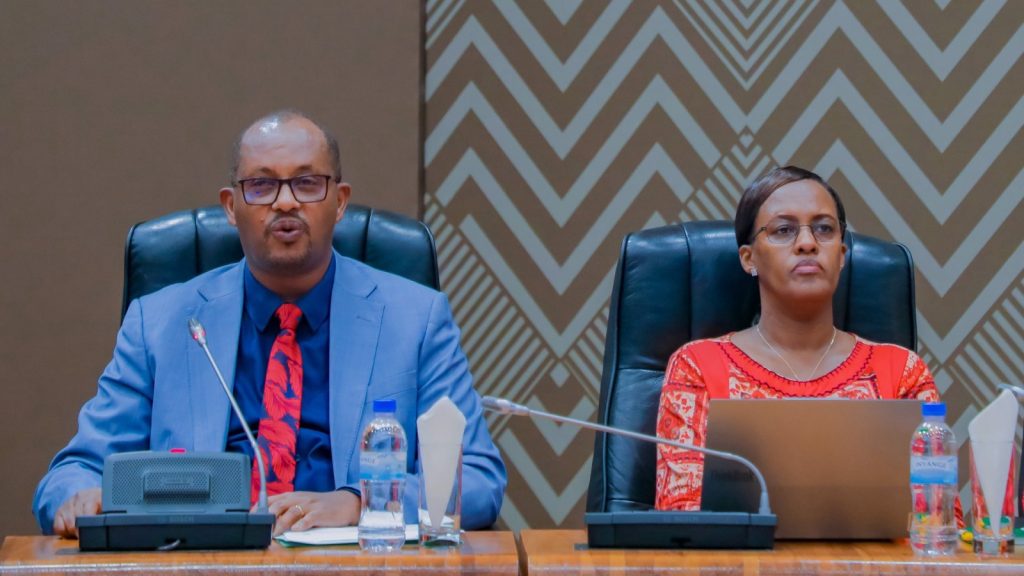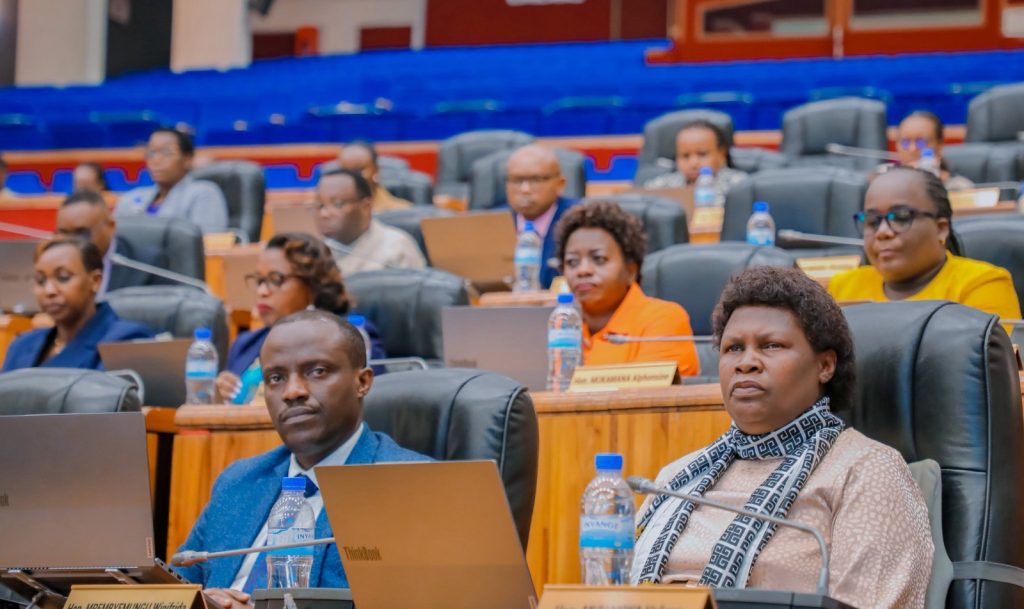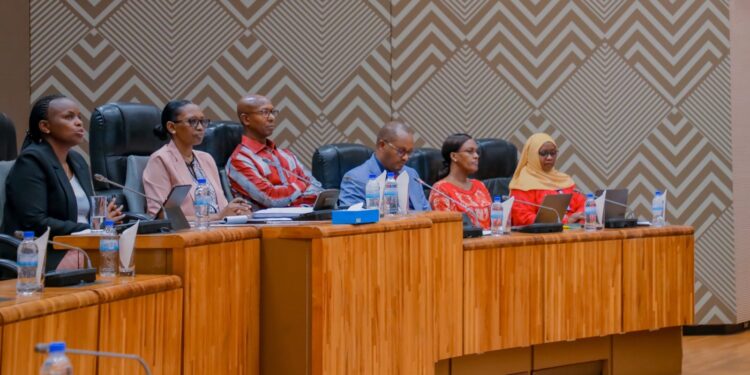The Chamber of Deputies has passed a new law aimed at regulating the professions of architecture, civil engineering, and quantity surveying, in a move expected to reduce conflicts and improve accountability in infrastructure development across the country.
The legislation, adopted Thursday, July 24, 2025, seeks to harmonize the work of construction professionals and environmental experts, who have sometimes clashed during the planning and execution of major projects.

According to Hon. Theogene Munyangeyo, chairperson of the Chamber’s Committee on Economy and Trade, the new law updates Rwanda’s first legal framework for the construction industry, which was established in 2012. He said the previous law had become outdated and excluded many qualified professionals from participating in key national development projects.
“It faced major challenges, especially in implementation, due to new environmental regulations, land use laws, and building codes,” Munyangeyo told Parliament.
The new law introduces several reforms, including the creation of a national guild for quantity surveyors—professionals who specialize in estimating and controlling construction costs and quantities. It also expands recognition to other construction professionals, including those with Advanced Diplomas (A1) and Diplomas (A2) from technical or secondary schools, who were previously excluded from legal recognition.
Previously, only professionals with a bachelor’s degree (A0) in construction-related fields were allowed to practice under the law.
“This reform ensures that more skilled Rwandans can contribute to infrastructure development while maintaining legal compliance,” Munyangeyo said.
The law also aims to clarify the roles and responsibilities of professionals in the architecture, engineering, and quantity surveying fields. It sets out clear legal and administrative structures for regulatory bodies that oversee construction and urban planning activities.

Each professional body will have a general assembly that includes a representative from the Ministry of Infrastructure, who will monitor professional conduct and advise the Minister.
MP Erneste Nsangabandi raised questions about whether the law would help address persistent conflicts between construction professionals and environmentalists.
“In our committee meetings, we asked why urban planners were not covered by the bill. We were told they fall under the Ministry of Environment,” Nsangabandi said.
He noted that infrastructure mistakes are sometimes caused by poor coordination between different professionals. “We often see roads being built and then dug up again for utility installations. This can be avoided if there is better collaboration,” he added.
The committee responded that the new law only covers architects, engineers, and quantity surveyors, as each profession is governed by its own legal framework. Officials said Rwanda is seeing the emergence of many new professions, including IT specialists and biomedical technicians, which would require separate regulation.
However, the committee emphasized that the law provides a framework for improved collaboration among stakeholders in the construction sector, ensuring professionals work together under a unified national system.











